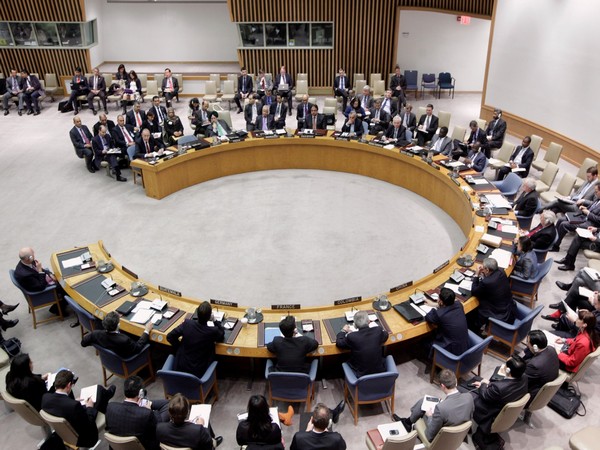

The United Nations General Assembly elected Algeria, Guyana, Sierra Leone, Slovenia and South Korea to the United Nations Security Council on Tuesday for two-year terms starting on Jan. 1, 2024
“My congratulations to Algeria, Guyana, the Republic of Korea, Sierra Leone and Slovenia, for being elected as non-permanent members of the @UN Security Council for a two-year term beginning on 1 January 2024. I thank the tellers for assisting in this election,” Csaba Korosi, President of the 77th session of the United Nations General Assembly tweeted.
It has five permanent veto-wielding members: Britain, China, France, Russia and the United States.
This comes when India has been insisting the United Nations Security Council be more inclusive and add more permanent and non-permanent members.
Stating that the current composition of the UN Security Council (UNSC) no longer aligns with the realities of an interconnected and multipolar world, India’s permanent representative to the UN, Ruchira Kamboj on Thursday urged for urgent reform of the UN body.
Reform of the United Nations Security Council is a critical issue that demands urgent attention, she said. The world is evolving and there is a pressing need for a Council that is more representative, inclusive and effective in maintaining global peace and security, Khamboj said.
The Indian envoy was speaking at a Roundtable on Security Council Reform at the UN headquarters hosted by the Permanent Missions of Brazil, India, South Africa and Saint Vincent and the Grenadines on Thursday.
India has repeatedly called for more inclusiveness in the UNSC for the countries of the world and has urged for multilateralism on various occasions.
Addressing the UNSC on Thursday Kamboj said that the reforms of the UNSC are a critical issue that has long been debated and demands urgent attention.
She said it is time to recognize the contributions of countries that have demonstrated their ability to foster peace, promote development, and tackle global challenges. She said that by expanding the Security Council’s membership in both permanent and non-permanent categories, its legitimacy, credibility and effectiveness can be enhanced.
A reformed Security Council would enable to pool of resources, expertise and perspectives from a wider range of countries. Empowering us to confront these issues with greater effectiveness and unity.
She also reminded the council that 73 heads of state and government at UNGA 77 were in agreement last year supporting the pressing need for reform.
“No less than 73 heads of state and government at UNGA 77 last year were in agreement, as you would all recall, on the pressing need for reform,” she said.
“The time for Security Reform Council is now,” Khamboj said.